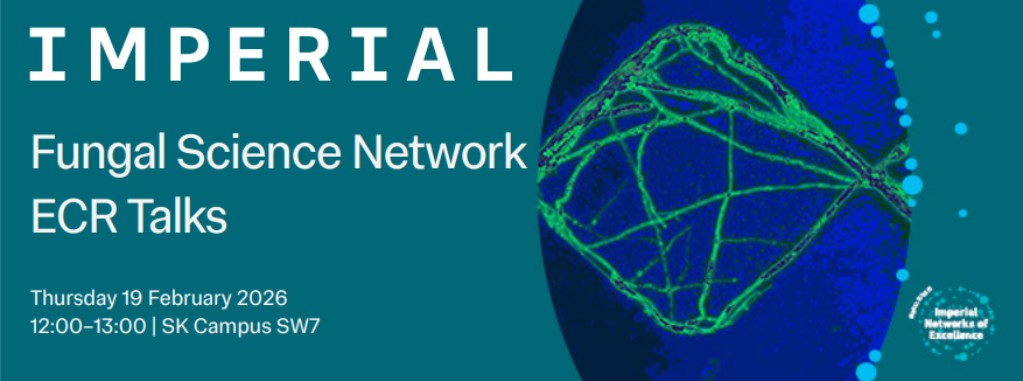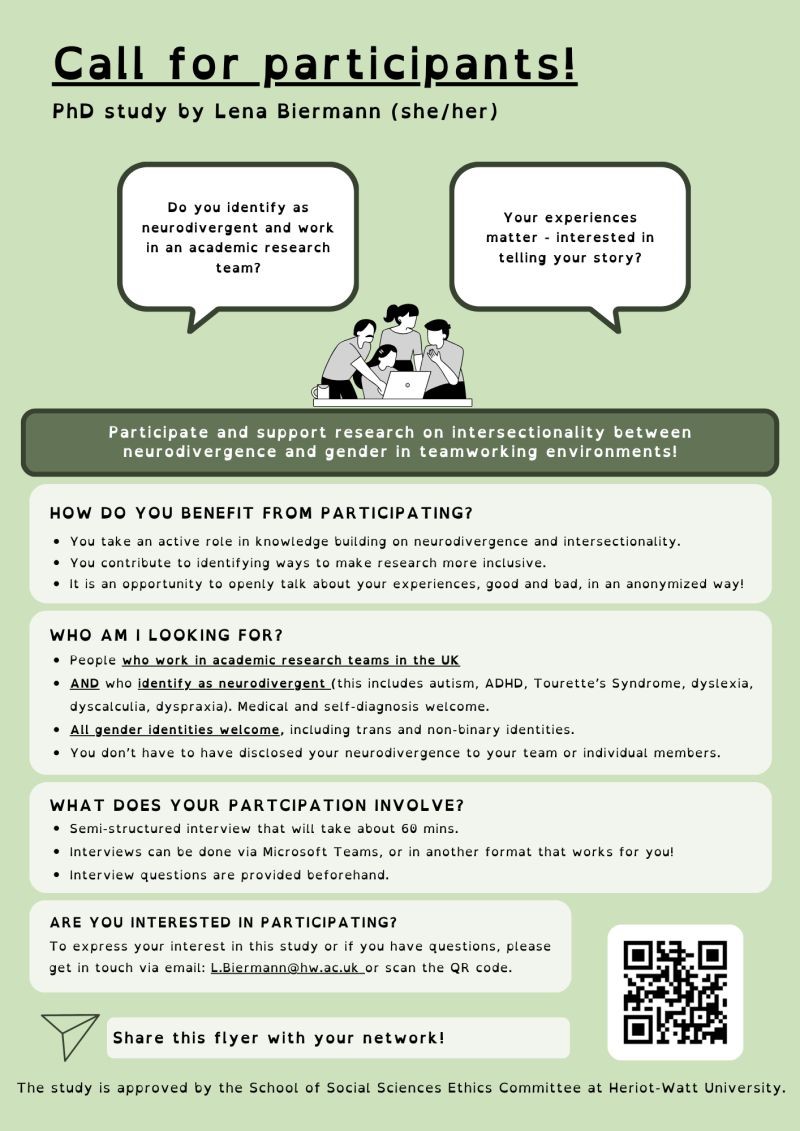The Imperial CREST Academy helps to match academic mentors to teams of Year 12 students who are undertaking a CREST Gold Project (or an Extended Project Qualification), which can be thought of as a scientific Duke of Edinburgh award, run by the British Science Association. The projects help the students go beyond school curriculum and get a small taste of scientific research. It is also hugely helpful for the students when applying to university as it helps with their personal statements and also gives them more breadth of knowledge and understanding should they be interviewed for a place at University.
The CREST Academy is run by Prof Cecilia Johansson (National Heart and Lung Institute) and myself, Simon Foster (FoNS & Imperial Space Lab). The Academy has been running for 13 years and has helped hundreds (possibly now thousands) of students undertake a CREST project and have gained a vital glimpse into the world of scientific research and academia.
The role of the mentor is to guide the project, initially helping to shape the project into something that can be conducted by the students in 70 hours (the rough allotted time for the project) and to give general scientific guidance. This is usually quite light touch and involves 2-3 meetings (in person or virtually) along with occasional emails. You will not be required to ensure the students are working on the projects or ‘push’ them, along, as this is the responsibility of their teacher. I have mentored a number of projects over the years and always found them immensely satisfying and they have had a huge impact upon the students. Based up my experiences, the time commitment is approximately 3-5 hours over the academic year (20 – 30 mins per online meeting and reading and responding to occasional emails).
If this might be of interest we will be holding an introduction an online Teams meeting on Friday 24th October at 11am top take you through the scheme: This link will take you to the meeting Join the meeting now and if you email me, I can add you to the meeting invite. A recording of a previous intro meeting can be found here: CREST chat-20221104_113001-Meeting Recording.mp4
You can also look at the projects interested and submit your interest in mentoring a project here https://imperial.eu.qualtrics.com/jfe/form/SV_0cz4YjDGrPemOlo
Read Imperial CREST Academy – Mentor Year 12 Students in full

